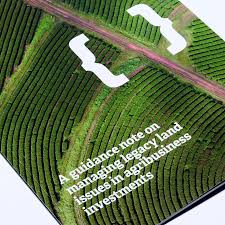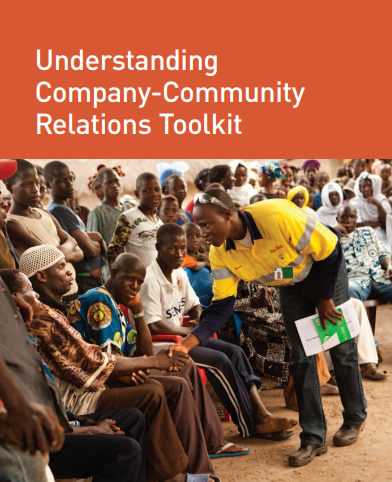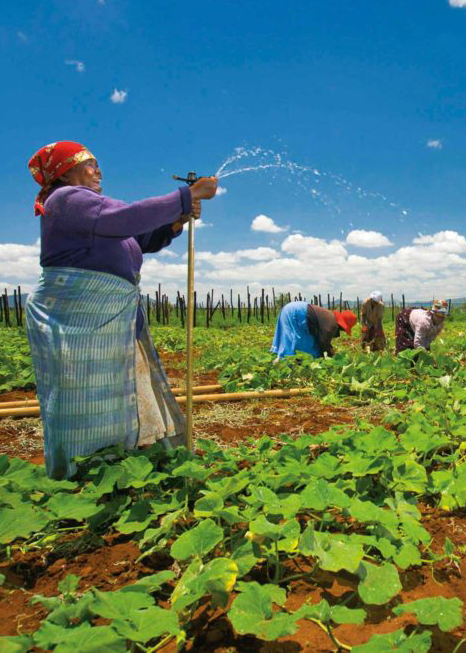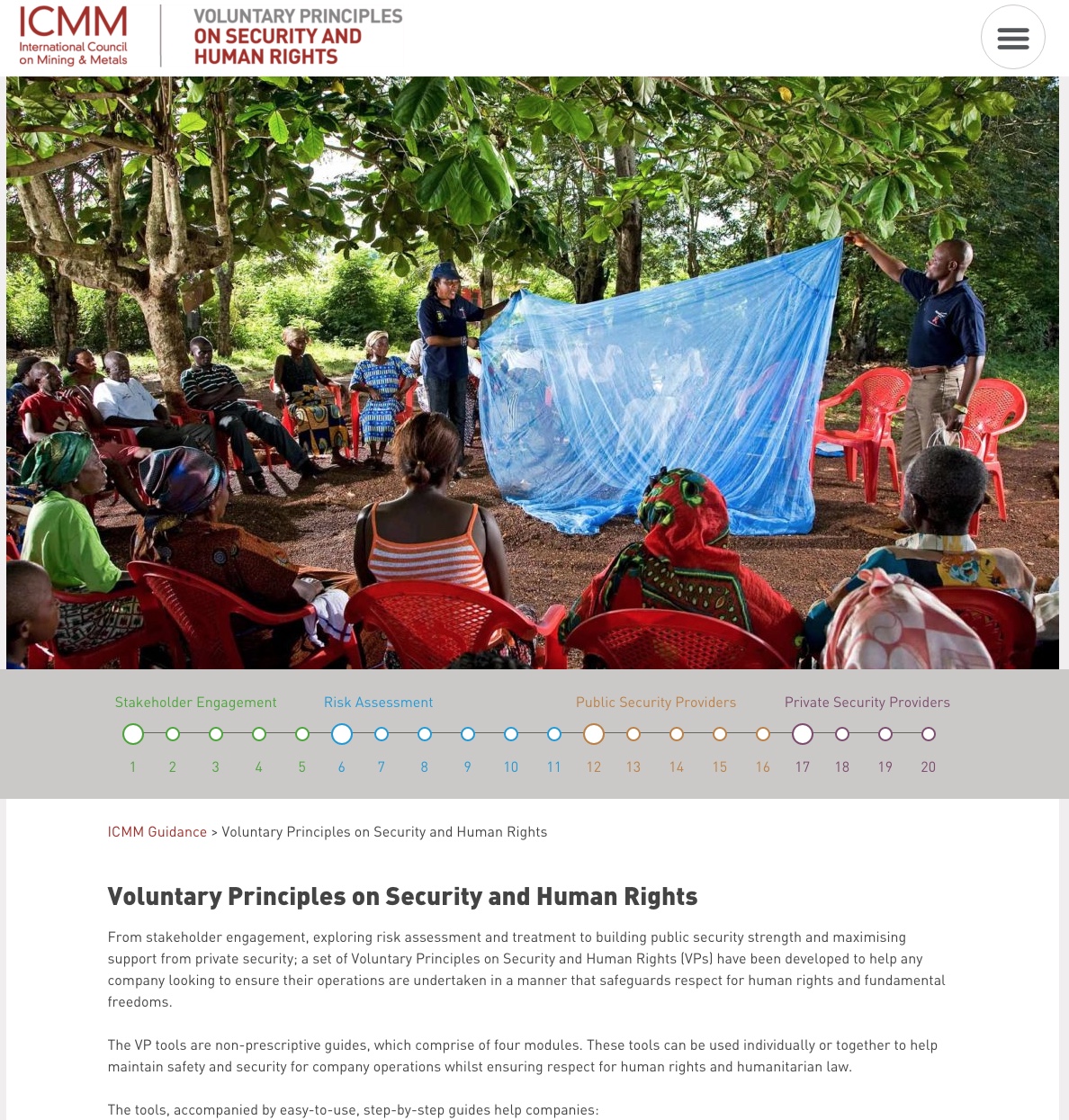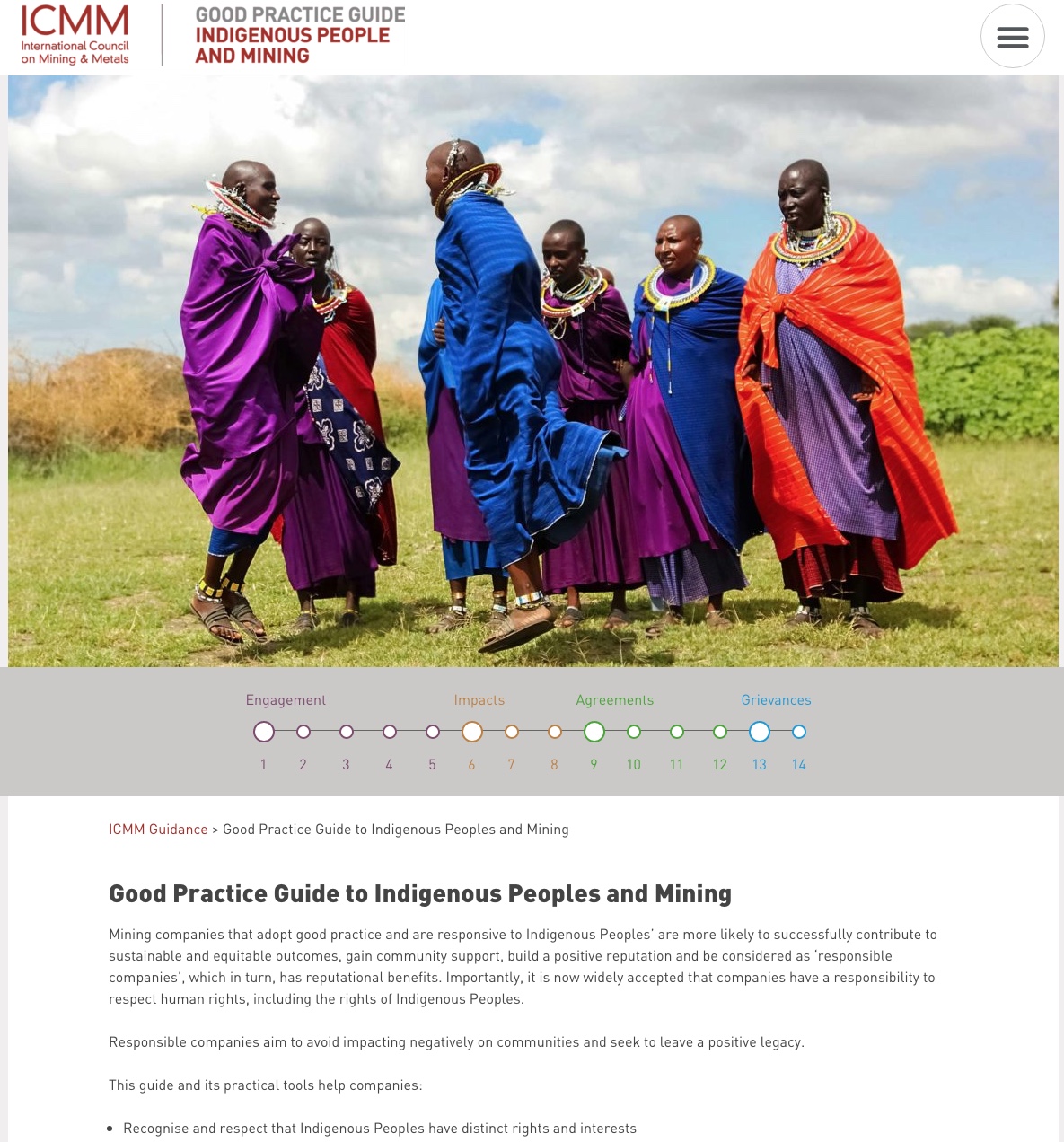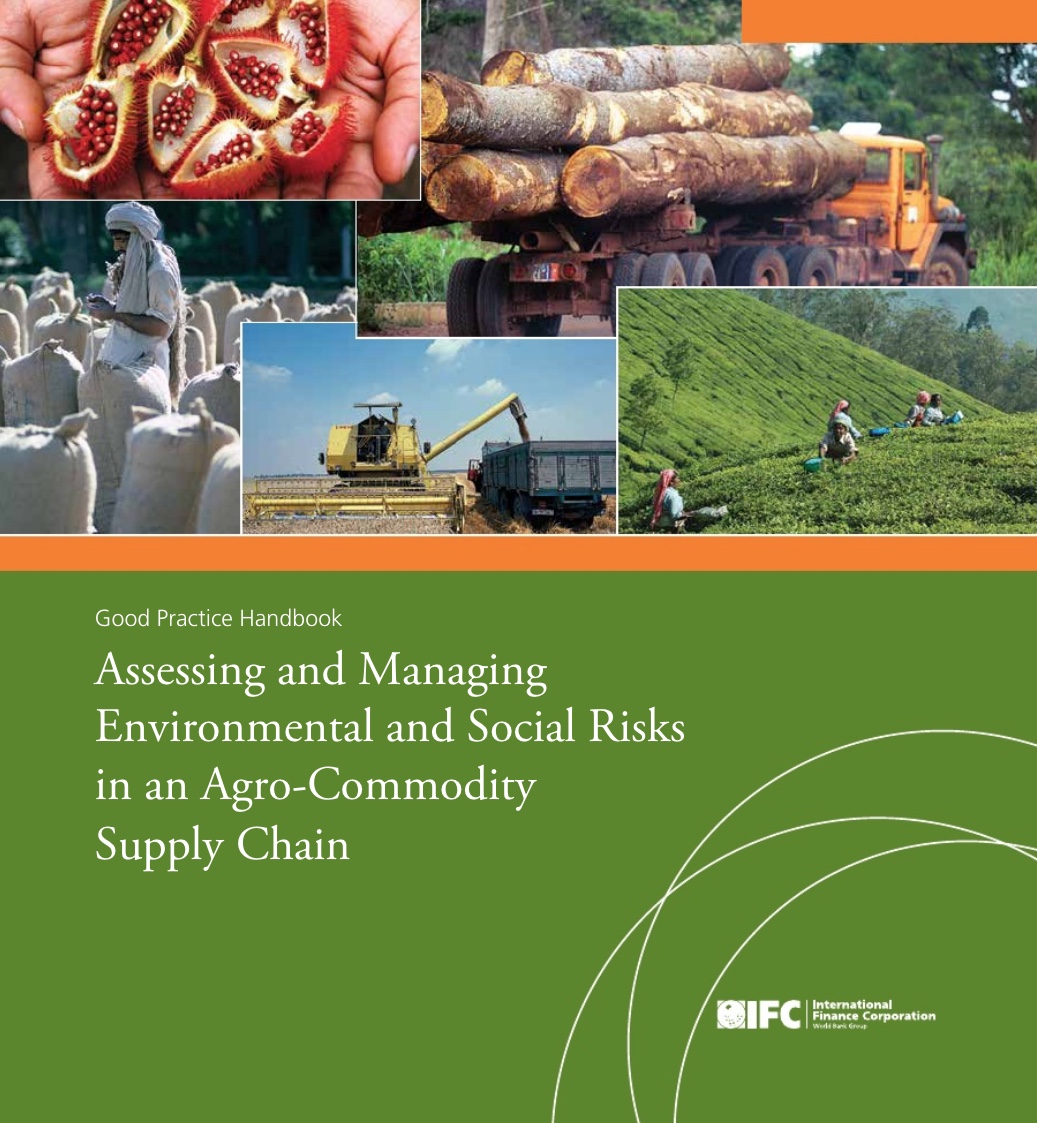Self-Sovereign Identity and Property Rights
An Introduction to Self-Sovereign Identity
Self-sovereign identity (SSI) is a new paradigm for creating digital identity systems that function more like identity does in the physical world, where every person has a unique and persistent identity which is represented to others by means of a collection of credentials. SSI allows people to collect digital “credentials”—pieces of evidence about their identity—attested to by various external sources of authority.





